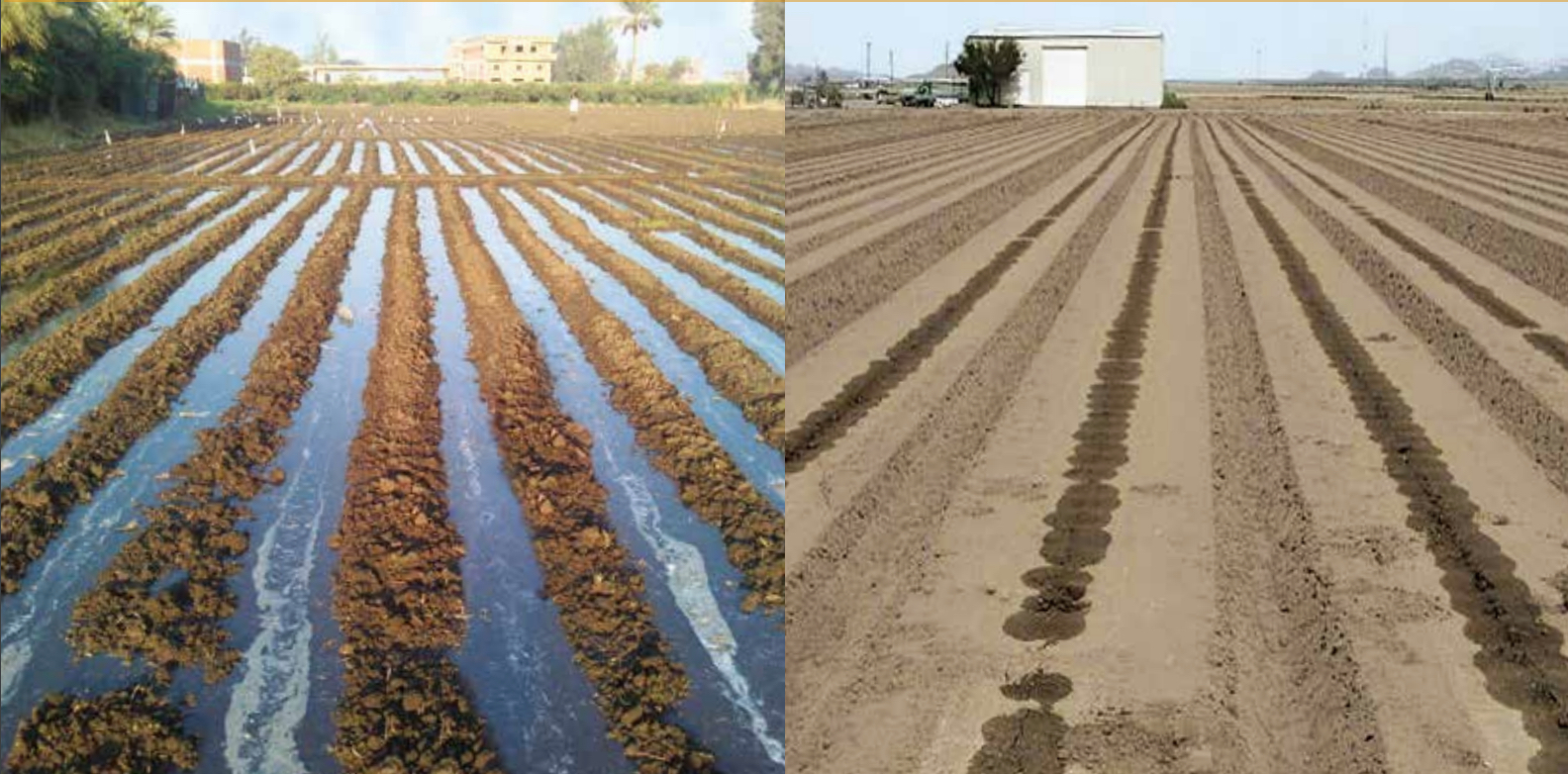Knowledge Products > Details
Can Water Productivity Improvements Save Us from Global Water Scarcity?-WASAG White Paper

Real savings can mainly be achieved by reducing consumption (particularly non-beneficial uses if crop performance is unchanged) and reducing non-recoverable flows.
©FAO
Sustainable water management is indispensable for climate-resilient growth and environmental integrity – unsustainable water management has devastating effects for people, economies and the environment. While agriculture is responsible for about 70 percent of global water withdrawals, agriculture will be an important part of the solution to solving the global water scarcity challenge. Getting agriculture water use right is essential to growing food in a more sustainable and resilient manner.
This requires significant investment in the capacity for countries to monitor and assess key hydrological and meteorological parameters. Only then can sustainable limits be determined and allocations across different water using sectors be made. Moreover, limits should be set in terms of maximum water consumption (instead of withdrawals) to prevent over-allocation and unintended negative impacts.
Policymakers will have a challenge in determining how best to generate benefits within these set water limits and ensure these benefits are broadly shared.
For more information go here and check the following report: "DOES IMPROVED IRRIGATION TECHNOLOGY SAVE WATER? A REVIEW OF THE EVIDENCE"Documents
Related resources
- World Water Week 2018/ Sofa 8208/ WASAG - Global Framework on Water Scarcity in Agriculture
- Global Framework Partners Meeting Interviews (2017)
- Interview with Olcay Unver: Global Forum for Food and Agriculture 2017
- Drought & Agriculture
- One Million Cisterns for the Sahel (English / Français)
- FAO DG Qu Dongyu's Message for the GFIME
